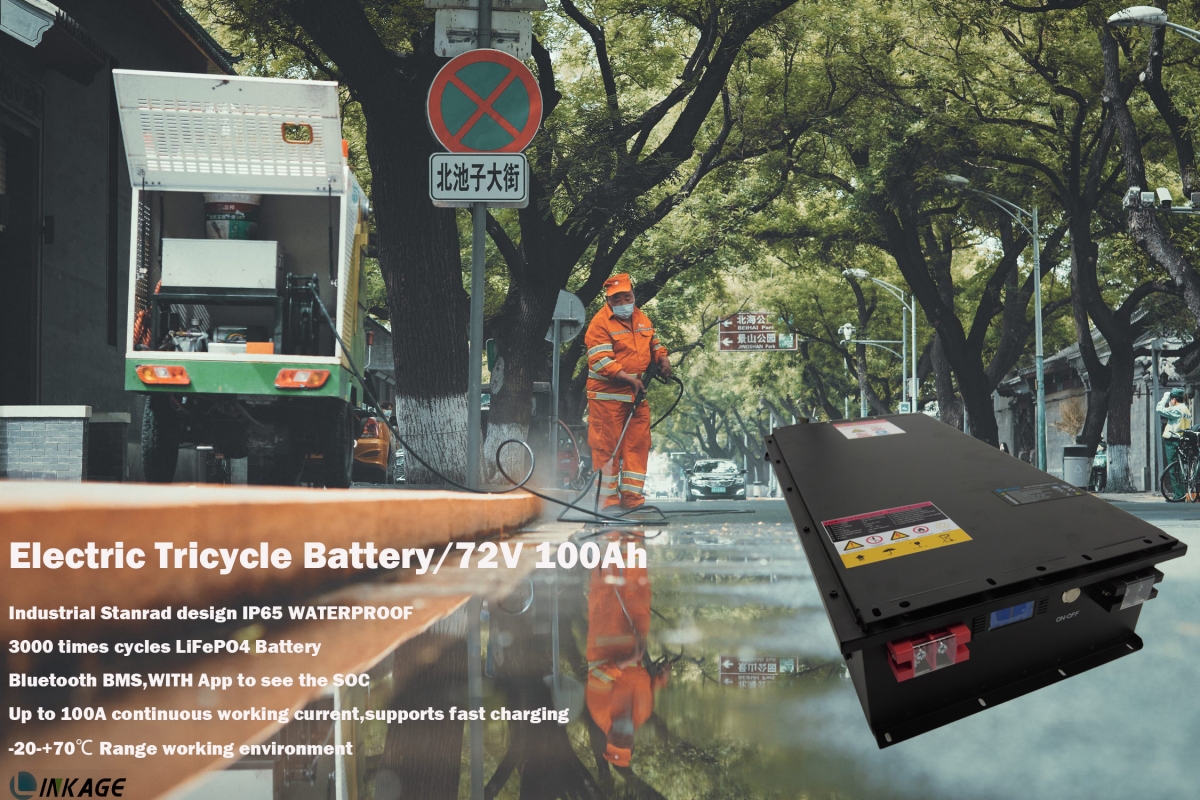- 30
- Nov
Questions you need to raise before Customizing a lithium battery?
If you have studied lithium batteries and lead-acid batteries (or you have read our previous blog posts), you will know that lithium is the right choice for power applications that require long life, deep cycle capabilities, and maintenance-free operation. But what you may not know is that to get the best results, customizing your lithium battery is not optional. This is critical.
If you are considering buying a lithium battery, here are 4 customization questions you must ask to ensure that you get more benefits from the power solution you choose. First, focus on performance by asking the following questions:
1) What are my charging requirements?
When evaluating the power requirements of your application, first make sure you understand your lithium battery charging requirements.

The charging rate specification of lithium batteries is directly related to the battery management system (BMS). Manage charge and discharge rates to ensure safety, balance, and cycle life. Most RELiON lithium iron phosphate (LiFePO4) batteries can be charged at 1 times the rated capacity. Certain applications require a higher charging rate (2 times the rated capacity), which is achievable. So which BMS is right for you? Check the specifications of your application or work with an expert to determine the best fit for your needs.
2) What are my ability requirements?
After charging, please consider your lithium battery capacity requirements. As the name implies, capacity is a measure of the energy stored in a battery. Different types of lithium batteries have better performance and longer service life under different discharge conditions, so you must choose a solution based on the power and duration of the application.
First understand the ultimate function of the battery. Are you looking for a battery to start your application, for example in a car? You need a lithium battery that can provide high burst power in a short period of time, thereby reducing overall capacity problems. How
ver, if you need to continuously power electronic devices-such as keeping the ship’s electronic devices active-customizing during deep cycling (ie, draining the battery to near-drain) is good for high capacity.
By choosing the solution with the best charging and capacity specifications, you will get more benefits from the battery and use it longer. After solving performance-related issues, focus on design. Now ask yourself:
3) What is my weight requirement?
For many reasons, battery weight is important, but this is especially important when considering solutions for your vehicle applications, such as boats or airplanes. In these cases, the weight of the lithium battery needs to be considered when calculating the weight of internal components and ensuring the best balance.
Fortunately, lithium batteries are lighter than traditional lead-acid batteries. Nevertheless, when comparing different lithium options, pay close attention to the weight. Choose the ideal weight to avoid balance problems.
4) yêu cầu kích thước của tôi là gì?
Finally, consider the size. Based on the above factors, make sure that your application can hold the battery you need: power, capacity, and weight. The last thing you want is to take home a new battery with excellent performance, only to find it is not suitable.
This list only covers the surface issues considered when customizing lithium batteries. In order to make the best purchasing decision, please understand the specifications and requirements of your chosen application from the inside out before making a decision.
